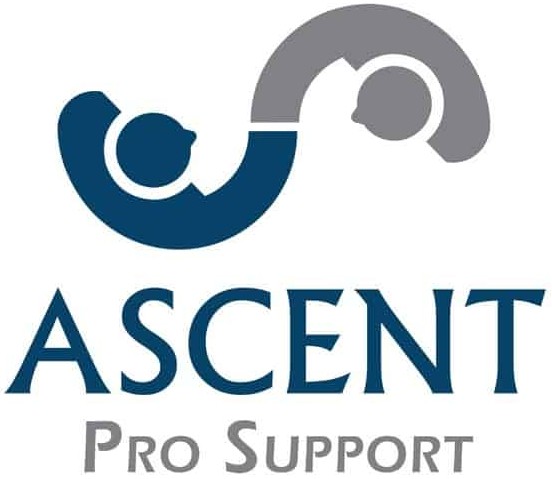Efficiency and Empathy: The Heart of an Emergency Roadside Service Contact Center

Operating an emergency roadside service contact center is a high-stakes endeavor where every call could mean the difference between a stranded driver’s safety and distress. In this blog post, we’ll explore the critical aspect of efficiency and empathy that lies at the core of successfully managing such a service.
The Importance of Efficiency
When a driver breaks down on a deserted road or highway, time is of the essence. Efficient operations can mean the difference between a minor inconvenience and a major business disruption (or even a potentially dangerous situation.) Here’s how efficiency plays a pivotal role:
1. Swift Dispatching:
Efficiency starts with the prompt dispatching of service providers. Every second counts when a customer is stranded, so having a well-organized system for quickly locating and dispatching nearby assistance is crucial.
2. Streamlined Processes:
Efficient contact centers have streamlined processes for handling calls, from gathering essential information to verifying the customer’s location and dispatching the appropriate service provider. Minimizing steps and automating repetitive tasks can shave precious minutes off response times.
3. Real-time Communication:
Effective communication between the contact center and service providers is essential. The ability to relay accurate information in real-time ensures that the service provider can reach the customer promptly.
The Role of Empathy
While efficiency is vital, empathy is the heart and soul of an emergency roadside service contact center. Drivers in distress not only need technical assistance but also emotional support. Here’s why empathy is indispensable:
1. Calming Distressed Customers:
Stranded drivers are often anxious, frustrated, or scared. Empathetic contact center agents can provide reassurance, calming the situation and making customers feel heard and understood.
2. Building Trust:
Empathy builds trust. When drivers believe that the contact center genuinely cares about their well-being, they’re more likely to follow instructions and have confidence in the service being provided.
3. Problem Resolution:
Empathetic agents are better equipped to uncover the root cause of the breakdown, potentially resolving the issue more effectively. They can ask probing questions and offer helpful advice.
4. Positive Customer Experience:
Ultimately, an empathetic approach contributes to a positive customer experience. Even in stressful situations, drivers are more likely to remember the support and compassion they received.
Conclusion
Efficiency and empathy go hand in hand in the world of emergency roadside service contact centers. While efficiency ensures that help arrives swiftly, empathy ensures that customers receive not only technical assistance but also emotional support during what can be a distressing experience. By prioritizing both efficiency and empathy, contact centers can truly be the lifeline that stranded drivers need in their time of crisis.
